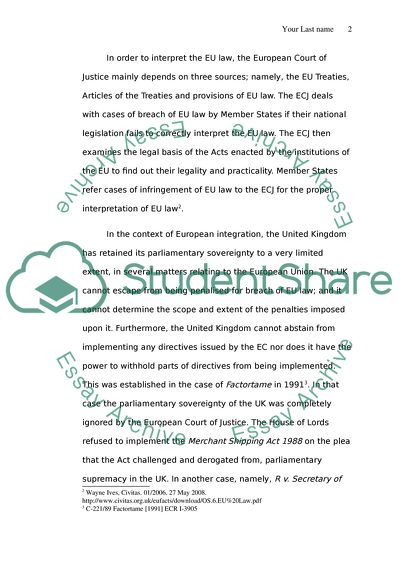Cite this document
(“LAW Essay Example | Topics and Well Written Essays - 2250 words”, n.d.)
Retrieved from https://studentshare.org/miscellaneous/1546709-law
Retrieved from https://studentshare.org/miscellaneous/1546709-law
(LAW Essay Example | Topics and Well Written Essays - 2250 Words)
https://studentshare.org/miscellaneous/1546709-law.
https://studentshare.org/miscellaneous/1546709-law.
“LAW Essay Example | Topics and Well Written Essays - 2250 Words”, n.d. https://studentshare.org/miscellaneous/1546709-law.


